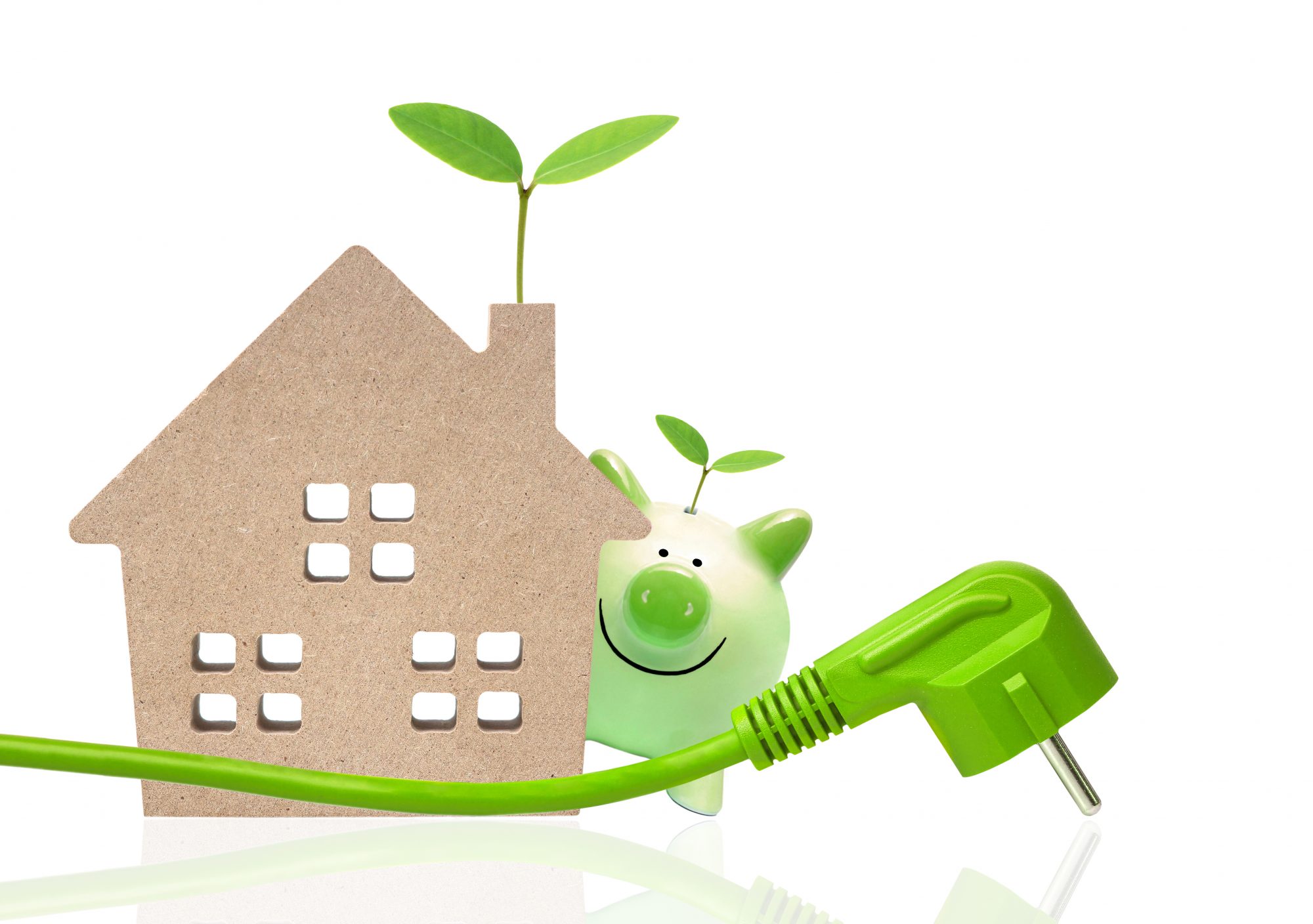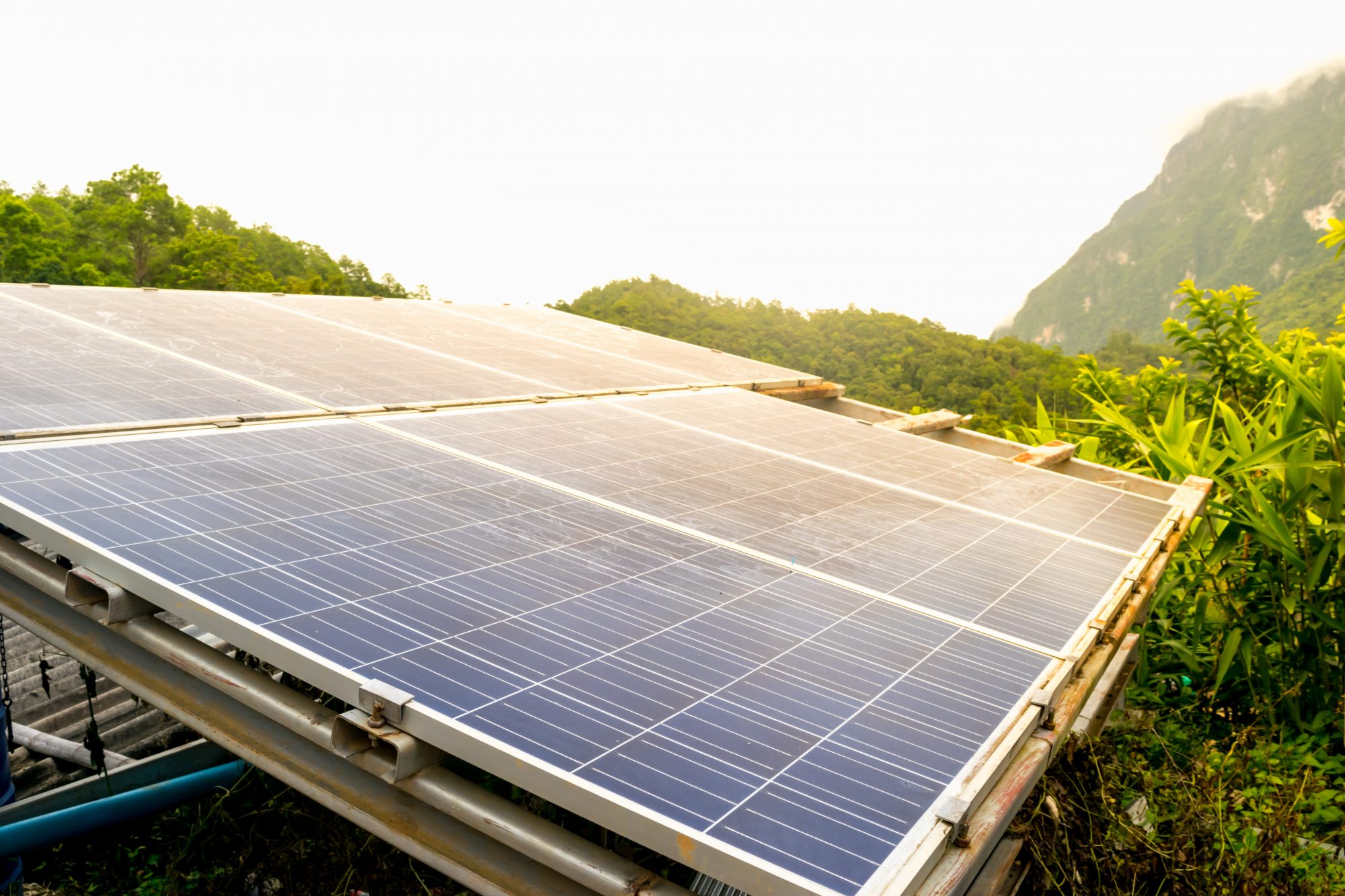Do you know the advertising campaign of Vattenfal? I heard it again on the radio last week. “We want to make a difference.” Or something along those lines. You won’t get far with me with that kind of slogan. It makes me think, “If you really wanted to make a difference, you would have been busy making the transition to renewable energy a few decades ago.” The impact of fossil fuels on the environment and climate has long been known to the world’s energy giants. Anyway. We do need energy. So how do you choose an energy supplier that can bear the title green? Who does not just pour a layer of green paint over his otherwise oil-black products and services but really does his best to make it sustainable?
Actually, I don’t have to worry about that question. I have been living off-grid in my Tiny House since May 2016, not connected to the energy grid. But not everyone has that option or wants to live that way and I remember my own search for a green energy provider when I still had a normal connection. So, I’m going to try to help you with some tips.

There is a wide choice of energy suppliers. So how do you find the supplier that suits you? You can compare energy suppliers easily with each other on a comparison website. When you do that, there are a number of factors that you should to take into account when choosing your energy supplier.
What kind of energy do you choose?
Of course, I hope you will opt for green energy and not for energy from fossil fuels such as oil, coal and gas. Green energy comes in different types. Energy from wind, water, sun and geothermal energy and energy from biomass. The latter is currently under discussion and that is a good thing. It is too much to go into in this blog but if you want to know more, you can find information here. It is good to know that only 8.6% of all energy generated in the Netherlands consists of green energy, of which more than half is generated with biomass. So, if you don’t want biomass, you need to find a supplier that offers green electricity purely from wind or solar energy. Strangely enough, we do not have much energy from water in the Netherlands.
Do you have solar panels, and do you want to supply them back to the grid?
I have solar panels but do not feed back to the grid, so this was new material for me. How your supplier handles netting is quite a factor to take into account. How are the refunds settled? Is there a day and night rate or a unit rate? Are you allowed to generate more than your annual consumption? Etcetera. On energy comparison sites you can sometimes also enter whether you have solar panels, and thus compare the netting arrangements with each other.

What do the (green) experts say?
Energy suppliers are often not nearly as green as they appear; green washing is very common. Fortunately, more and more is being done to oppose this practice. For example, the partnership of WISE, Greenpeace, Nature & Environment and the Consumers’ Association. Every year they publish an overview of the greenest energy suppliers in the Netherlands, based on independent research by CE Delft. You can start your search here or first use a comparison site and then see how the supplier of your choice scores among the greens.
Local and community focused
In the Netherlands, there is more demand for green electricity than is generated. As a result, energy suppliers import green energy from abroad, as it were, by means of GOs (Guarantee of Origin). If you think it is important that more green electricity is generated in the Netherlands, it is best to choose an energy supplier that actually generates the electricity in the Netherlands. You can specify this as criteria at the comparison sites.
There are also more and more energy cooperatives from which you can purchase electricity. An energy cooperative is set up by and for the community, born from the desire to work together on sustainable and local energy supplies. If you join an energy cooperative, you have local green energy with the great advantage that the money that is earned does not disappear into the pockets of shareholders, but remains in the community. It can be reinvested in other projects that accelerate the transition to a green and fair economy.

Whether you live in a small or large house, or have solar panels or not, you can make a difference with your choice of an energy supplier. You can contribute to the energy transition with that choice. Often you can also earn money by switching from an energy supplier. It may not be the most fun thing to do — researching energy suppliers — but it is definitely worth it. Go make that green choice now! :)

Leave a Reply